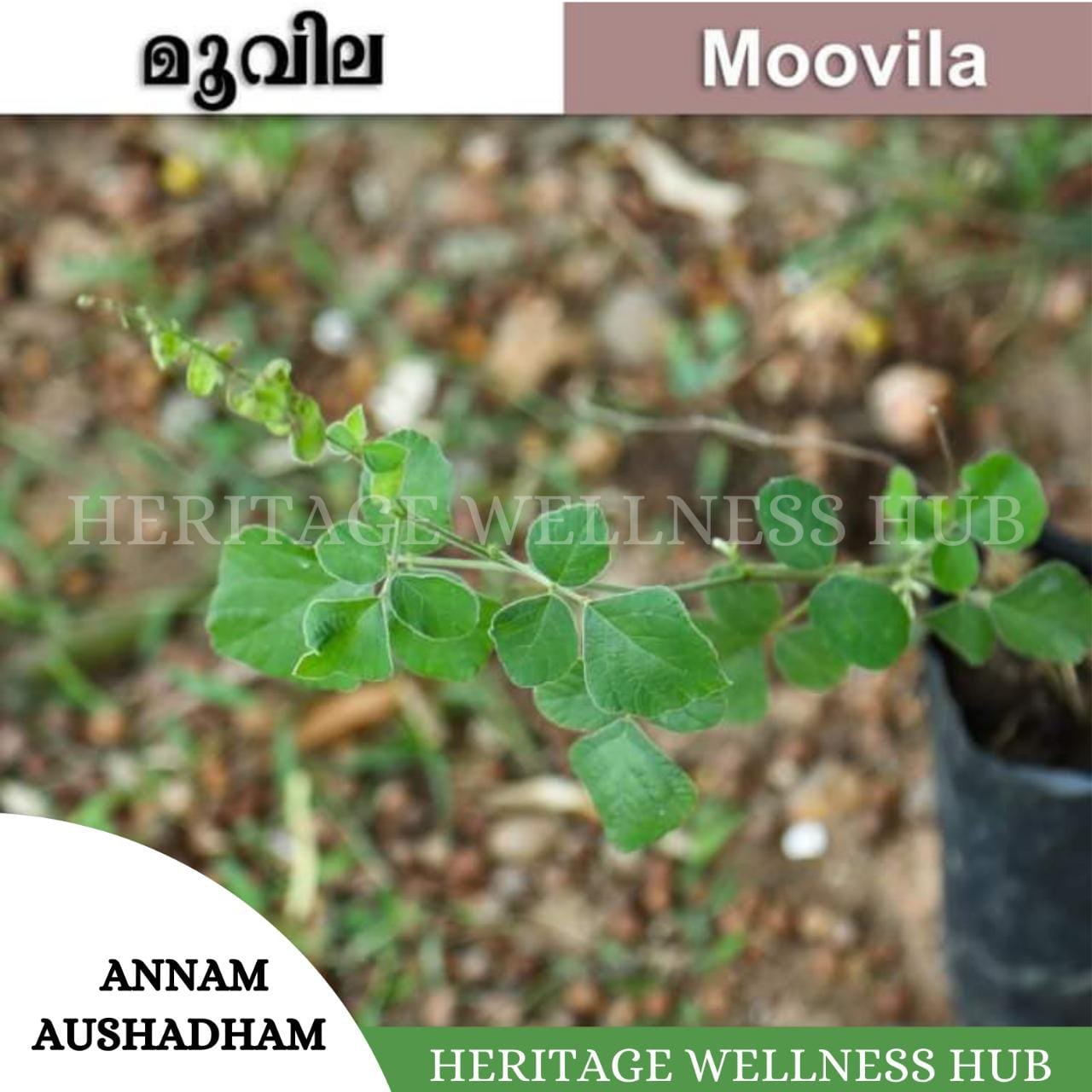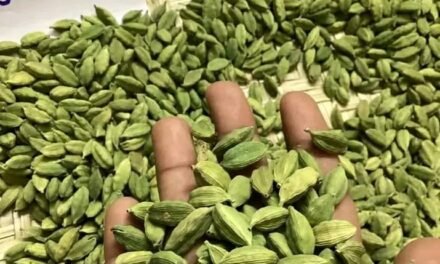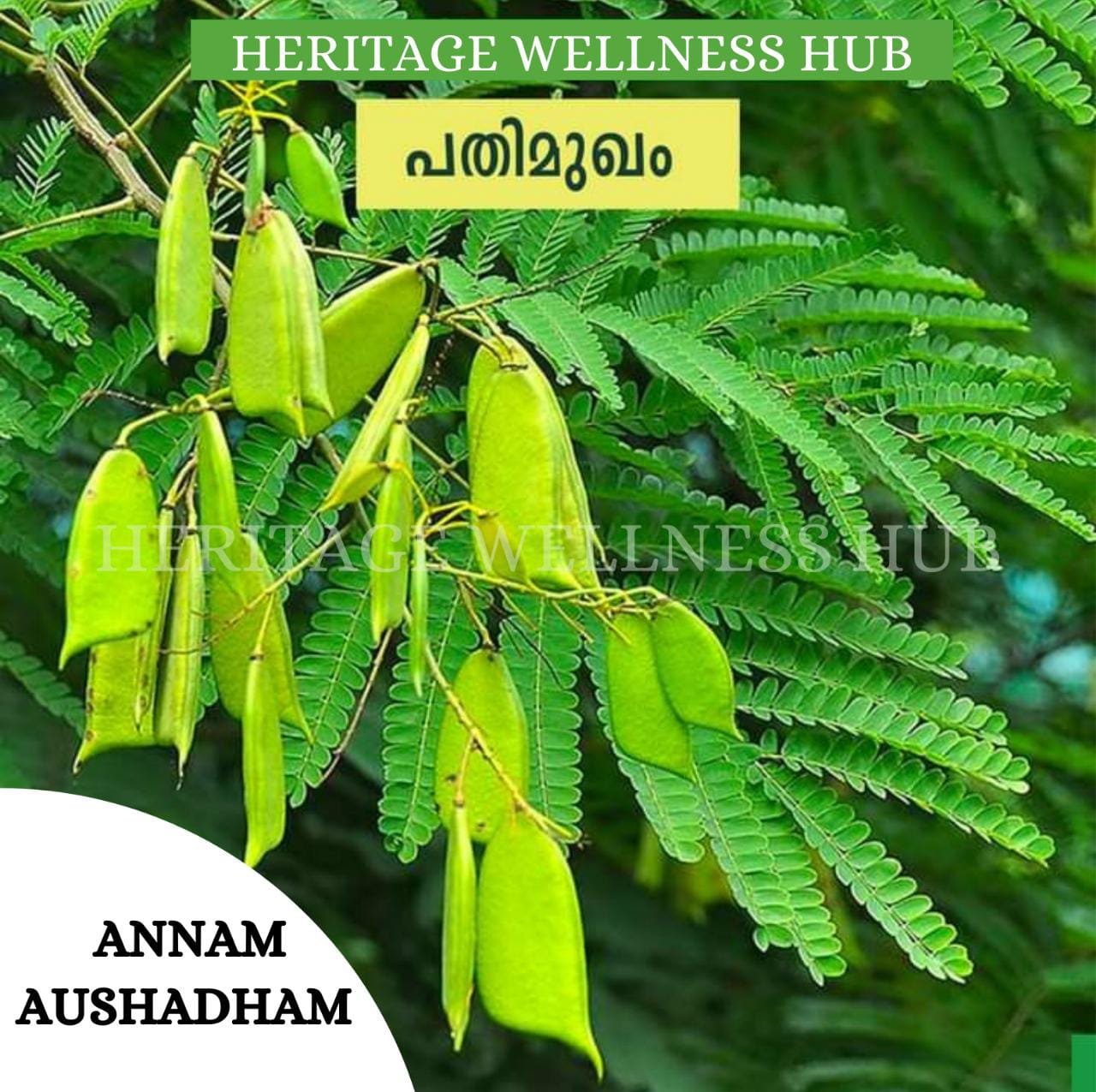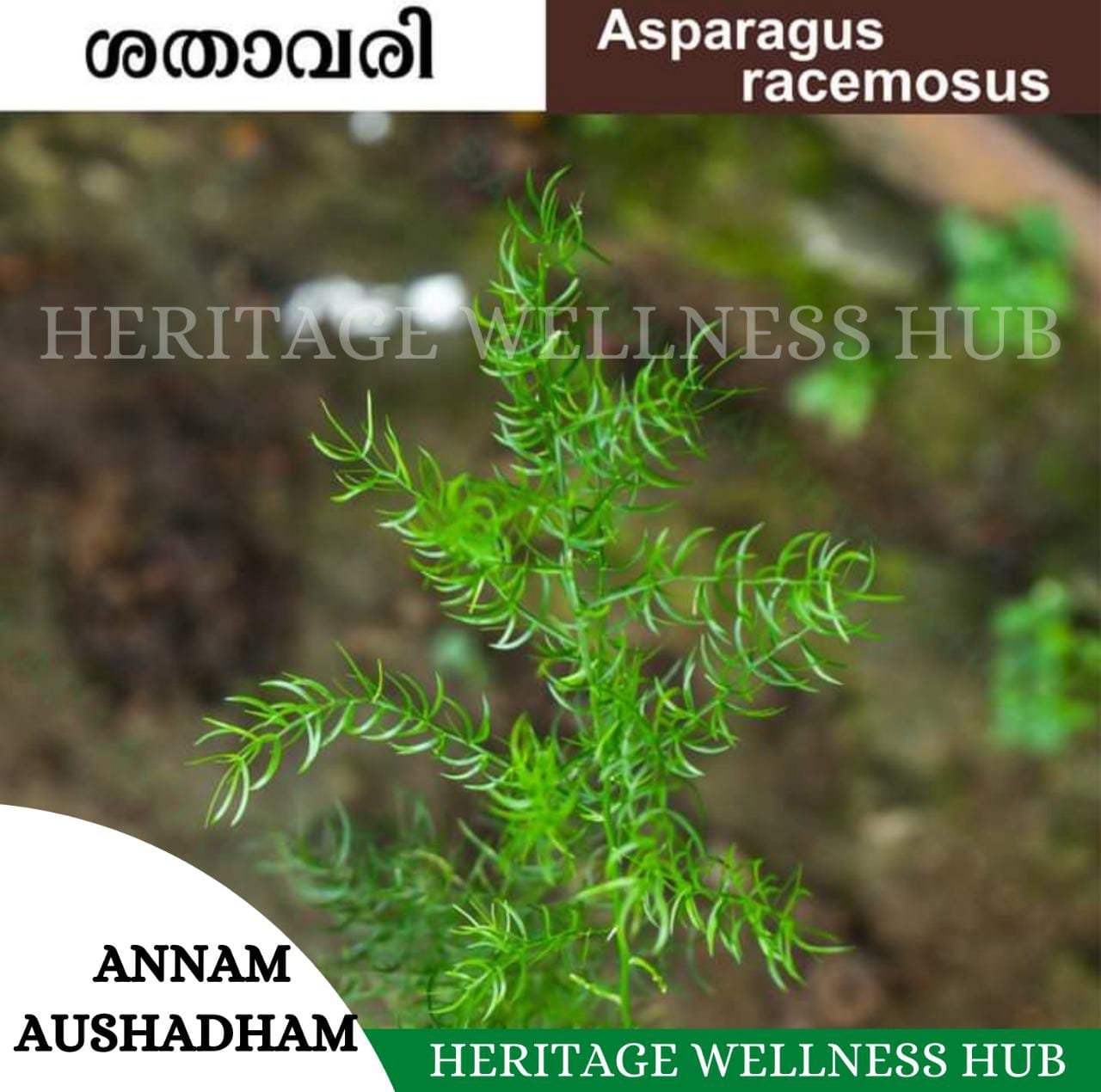Indian spices to reduce cholesterol
Indian spices to reduce cholesterol – Indian spices are not only known for their unique flavors but also for their many health benefits. Some Indian spices have been found to have cholesterol-lowering properties, which can help reduce the risk of heart disease. In this article, we will explore some of the best Indian spices to reduce cholesterol.
-
Turmeric
Turmeric is a spice that is commonly used in Indian cuisine and has been found to have numerous health benefits, including cholesterol-lowering properties. Cur cumin, the active compound in turmeric, has been shown to lower cholesterol (the “bad” cholesterol) levels in several studies. Additionally, turmeric has antioxidant and anti-inflammatory properties, which can also help reduce the risk of heart disease.
-
Cumin
Cumin is another commonly used Indian spice that has been found to have cholesterol-lowering properties. In a study of overweight women with high cholesterol levels, consuming cumin powder led to significant reductions in cholesterol levels. Cumin is also rich in antioxidants and has anti-inflammatory properties, which can further reduce the risk of heart disease.
-
Coriander
Coriander is a spice that is commonly used in Indian cuisine and has been found to have cholesterol-lowering properties. In a study of people with high cholesterol levels, consuming coriander seed powder led to significant reductions in cholesterol levels. Coriander is also rich in antioxidants and has anti-inflammatory properties, which can further reduce the risk of heart disease.
-
Cardamom
Cardamom is a spice that is commonly used in Indian sweets and desserts and has been found to have cholesterol-lowering properties. In a study of people with high cholesterol levels, consuming cardamom powder led to significant reductions in cholesterol levels. Additionally, cardamom has antioxidant and anti-inflammatory properties, which can also help reduce the risk of heart disease.
-
Ginger
Ginger is a spice that is commonly used in Indian cuisine and has been found to have cholesterol-lowering properties. In a study of people with high cholesterol levels, consuming ginger powder led to significant reductions in cholesterol levels. Ginger is also rich in antioxidants and has anti-inflammatory properties, which can further reduce the risk of heart disease.
-
Fennel
Fennel is a spice that is commonly used in Indian cuisine and has been found to have cholesterol-lowering properties. In a study of people with high cholesterol levels, consuming fennel seed powder led to significant reductions in cholesterol levels. Additionally, fennel is rich in antioxidants and has anti-inflammatory properties, which can also help reduce the risk of heart disease.
-
Fenugreek
Fenugreek is a spice that is commonly used in Indian cuisine and has been found to have cholesterol-lowering properties. In a study of people with high cholesterol levels, consuming fenugreek seed powder led to significant reductions in cholesterol levels. Fenugreek is also rich in fiber, which can help lower cholesterol levels by reducing the absorption of cholesterol in the gut.
-
Black pepper
Black pepper is a spice that is commonly used in Indian cuisine and has been found to have cholesterol-lowering properties. In a study of people with high cholesterol levels, consuming black pepper powder led to significant reductions in cholesterol levels. Additionally, black pepper has antioxidant and anti-inflammatory properties, which can further reduce the risk of heart disease.
-
Mustard seeds
Mustard seeds are a spice that is commonly used in Indian cuisine and has been found to have cholesterol-lowering properties. In a study of people with high cholesterol levels, consuming mustard seed powder led to significant reductions in cholesterol levels. Mustard seeds are also rich in omega-3 fatty acids, which can further reduce the risk of heart disease.
-
Curry leaves
Curry leaves are a spice that is commonly used in Indian cuisine and has been found to have cholesterol-lowering properties. In a study of people with high cholesterol levels, consuming curry leaf powder led to significant reductions in cholesterol levels. Additionally, curry leaves have antioxidant and anti-inflammatory properties, which can further reduce the risk of heart disease.
-
Garlic
Garlic is a spice that is commonly used in Indian cuisine and has been found to have cholesterol-lowering properties. In a study of people with high cholesterol levels, consuming garlic led to significant reductions in cholesterol levels. Garlic is also rich in antioxidants and has anti-inflammatory properties, which can further reduce the risk of heart disease.
-
Cloves
Cloves are a spice that is commonly used in Indian cuisine and has been found to have cholesterol-lowering properties. In a study of people with high cholesterol levels, consuming cloves led to significant reductions in cholesterol levels. Additionally, cloves have antioxidant and anti-inflammatory properties, which can further reduce the risk of heart disease.
13. Fennel seeds
Fennel seeds are a spice that is commonly used in Indian cuisine and has been found to have cholesterol-lowering properties. In a study of people with high cholesterol levels, consuming fennel seed powder led to significant reductions in cholesterol levels. Fennel seeds are also rich in antioxidants and have anti-inflammatory properties, which can further reduce the risk of heart disease.
14. Ajwain
Ajwain is a spice that is commonly used in Indian cuisine and has been found to have cholesterol-lowering properties. In a study of people with high cholesterol levels, consuming ajwain powder led to significant reductions in cholesterol levels. Ajwain is also rich in antioxidants and has anti-inflammatory properties, which can further reduce the risk of heart disease.
15. Asafoetida
Asafoetida is a spice that is commonly used in Indian cuisine and has been found to have cholesterol-lowering properties. In a study of people with high cholesterol levels, consuming asafoetida powder led to significant reductions in cholesterol levels. Asafoetida is also known for its anti-inflammatory and antioxidant properties, which can further reduce the risk of heart disease.
16. Black pepper
Black pepper is a spice that is commonly used in Indian cuisine and has been found to have cholesterol-lowering properties. In a study of people with high cholesterol levels, consuming black pepper powder led to significant reductions in cholesterol levels. Black pepper is also rich in antioxidants and has anti-inflammatory properties, which can further reduce the risk of heart disease.
17. Mustard seeds
Mustard seeds are a spice that is commonly used in Indian cuisine and has been found to have cholesterol-lowering properties. In a study of people with high cholesterol levels, consuming mustard seed powder led to significant reductions in cholesterol levels. Mustard seeds are also rich in antioxidants and have anti-inflammatory properties, which can further reduce the risk of heart disease.
18. Nutmeg
Nutmeg is a spice that is commonly used in Indian cuisine and has been found to have cholesterol-lowering properties. In a study of people with high cholesterol levels, consuming nutmeg powder led to significant reductions in cholesterol levels. Nutmeg is also known for its anti-inflammatory properties, which can further reduce the risk of heart disease.
19. Saffron
Saffron is a spice that is commonly used in Indian cuisine and has been found to have cholesterol-lowering properties. In a study of people with high cholesterol levels, consuming saffron led to significant reductions in cholesterol levels. Saffron is also rich in antioxidants and has anti-inflammatory properties, which can further reduce the risk of heart disease.
It’s important to note that while these spices can help reduce cholesterol levels, they should not be used as a substitute for medication prescribed by a doctor. Incorporating these spices into a healthy diet and lifestyle can help support overall heart health and reduce the risk of heart disease.These spices can be incorporated into your diet in various ways, such as adding them to curries, soups, or roasted vegetables. However, it’s important to keep in mind that spices alone cannot completely reverse high cholesterol levels, and should be used in conjunction with other healthy lifestyle choices. It’s important to consult with a healthcare professional for individualized advice and treatment options for high cholesterol.
Conclusion
Indian spices are not only delicious but also have numerous health benefits, including cholesterol-lowering properties. Incorporating these spices into your diet can help reduce your risk of heart disease and improve your overall health. As with any dietary changes, it’s important to talk to your doctor before making any significant changes to your diet.





